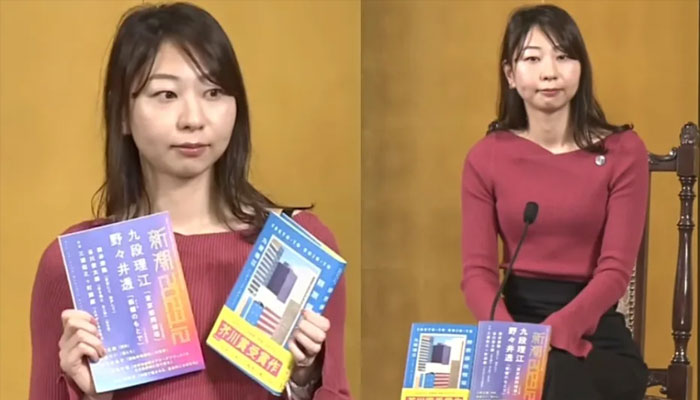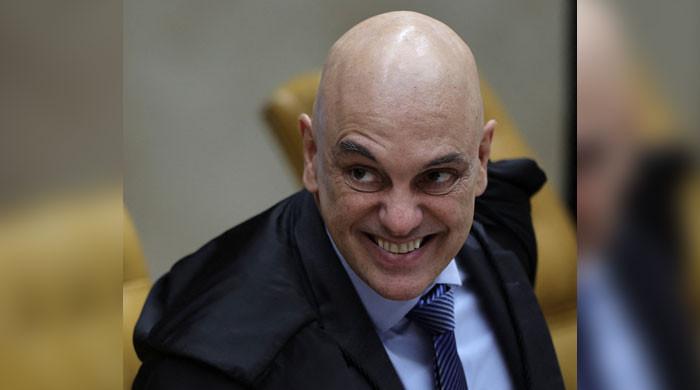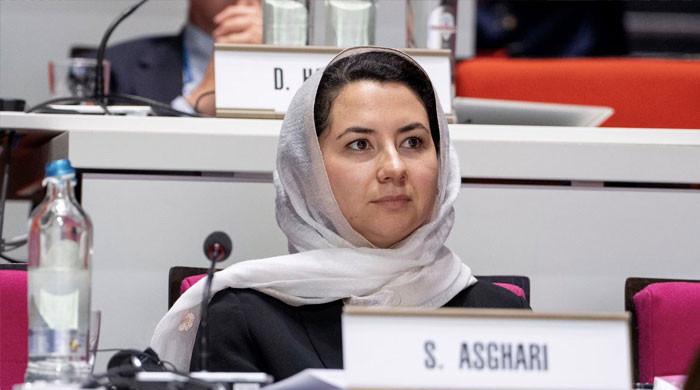Rie Kudan: Will Japanese author who used AI to write winning novel return award?
Kudan disclosed 5% of her acclaimed book was generated verbatim by ChatGPT, an AI language model
January 23, 2024

Following her triumph at the Akutagawa Prize, Japanese author Rie Kudan has revealed that artificial intelligence (AI) played a substantial role in crafting her novel, "The Tokyo Tower of Sympathy," CNN reported.
During a press conference, Kudan, who clinched the prestigious literary award for promising new writers, disclosed that approximately 5% of her acclaimed book was generated verbatim by ChatGPT, an AI language model.
However, the question now is if she would return the accolade. Expressing her commitment to leveraging AI for future creative endeavours, the 33-year-old author stated: "I plan to continue to profit from the use of AI in the writing of my novels while letting my creativity express itself to the fullest."
"The Tokyo Tower of Sympathy" revolves around the challenges faced by an architect tasked with constructing a high-rise prison in Tokyo, incorporating AI as a central theme. Committee members lauded the novel as "practically flawless."
Kudan shared her use of ChatGPT for problem-solving, revealing that deviations from expected AI responses influenced the emotional expressions of the main character in her work.
While Kudan is not the first artist to introduce AI into the creative process, the integration of technology has sparked controversy in the creative community. Various authors and artists, including George RR Martin, Jodi Picoult, and John Grisham, have raised concerns about AI usage and participated in legal actions against OpenAI, the entity behind ChatGPT.
Despite differing opinions on social media, prize committee member Keiichiro Hirano clarified that the committee did not perceive Kudan's use of AI as problematic. Hirano emphasised that AI involvement was explicitly mentioned in work and encouraged a nuanced understanding of AI's role in creative endeavours.









